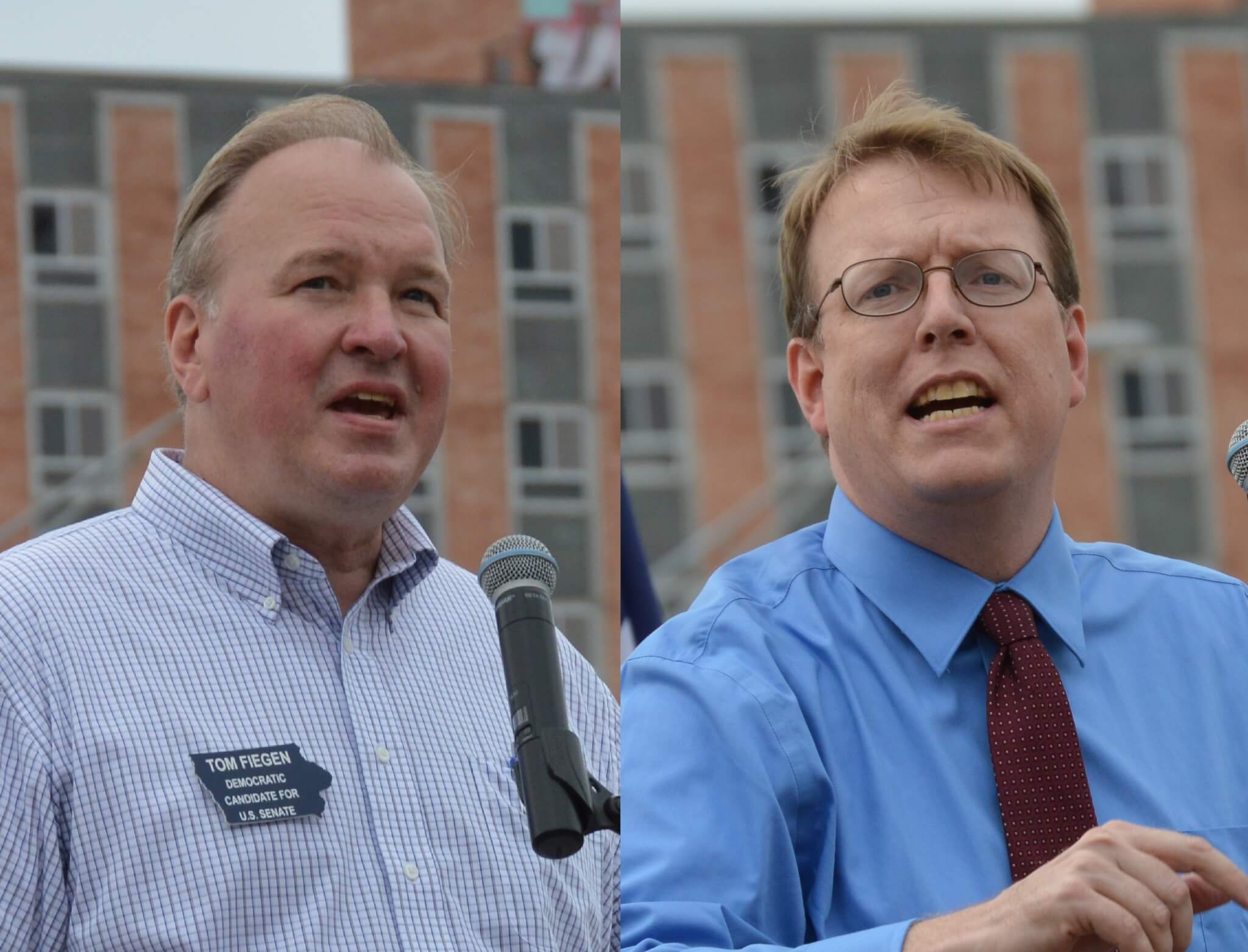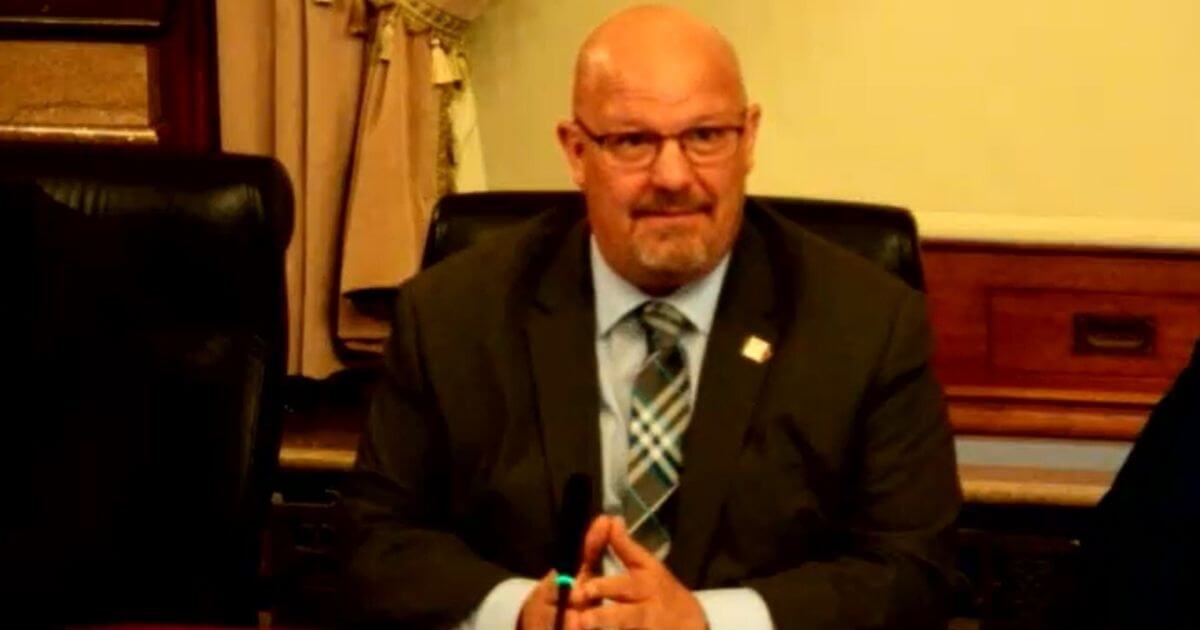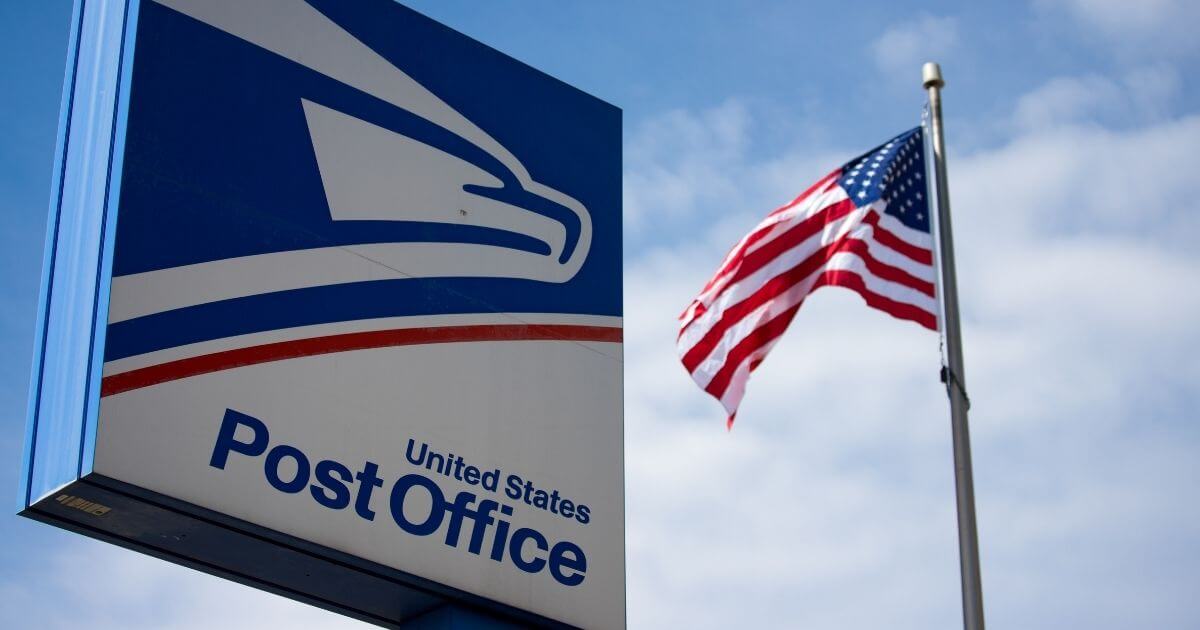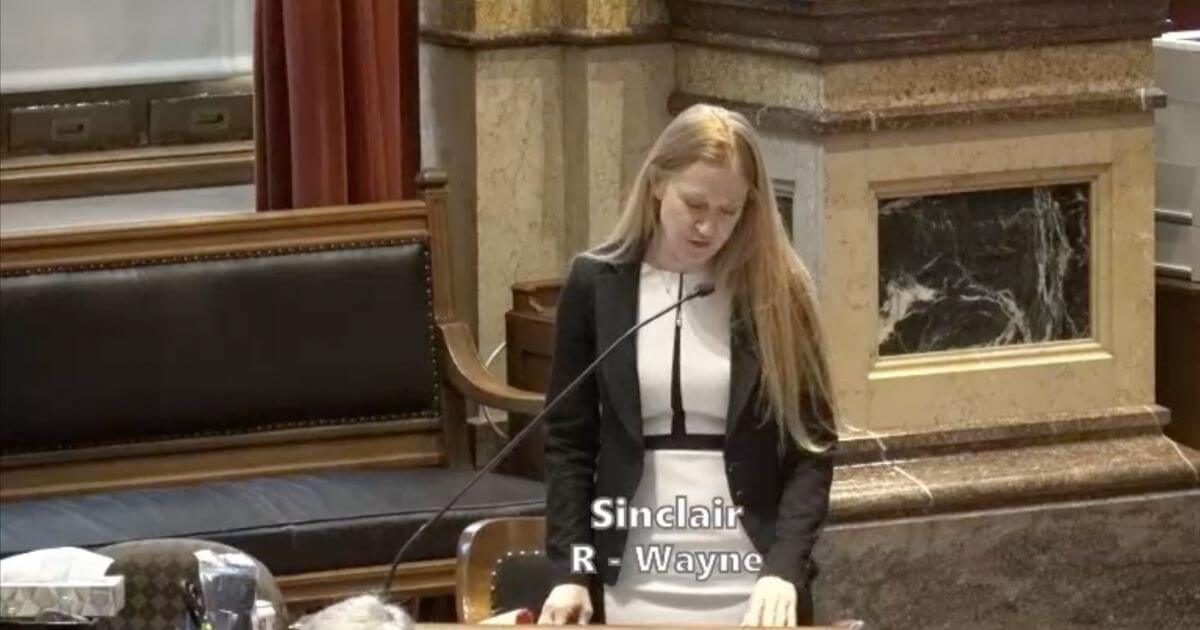
What will progressive voters do on Tuesday when it comes to the Democrats’ Senate primary? The talk online has centered around two candidates: State Senator Rob Hogg, an experienced legislator with a proven progressive record who wrote a book on climate change; and Tom Fiegen, who has tied his candidacy to Bernie Sanders’ and been very visible around grassroots issues. One thing they nearly all agree on: they’re not voting for Patty Judge.
But it’s overwhelmingly clear that Judge is in the lead in this race. Yesterday’s Des Moines Register poll showed her with a clear lead: 42% Judge, 25% Hogg, 6% Krause, 5% Fiegen. Another one conducted by a radio station and Remington Research Group found a somewhat closer contest: 37% Judge, 31% Hogg, 6% Fiegen, 3% Krause.
With leads like those for Judge, it’s going to be difficult regardless for Hogg to perform the upset, though it’s definitely not out of the realm of possibilities. Primaries likes these can prove difficult to poll, and Hogg’s eastern Iowa is seeing high turnout thanks to the 1st District primary and the Johnson County supervisor race. But Hogg is certain to lose if Iowa’s progressive bloc of voters fracture between him and Fiegen.
And one thing the polls make certainly clear: Tom Fiegen will not be the nominee. I personally believe Fiegen’s eventual share of the vote will be larger than 5% or 6% given his newfound backing among Sanders voters and left-leaning activists. And the polls may not be picking up new Sanders voters that are still energized from the caucus. Still, no way does he have any shot at this.
So that presents the progressive voters who might be leaning toward Fiegen with an interesting choice: do they stick with their guy, essentially handing the nominating to Patty Judge; or do they line up behind the progressive who can actually win?
Senator Hogg has cemented his reputation as the leading voice of climate change in Iowa, long before it was the issue du jour of Democrats. In the State Senate he’s championed solar power’s expansion in Iowa, strengthened wind energy investments and worked on clean water solutions. He’s been repeatedly recognized by progressive organizations around the state as a leader on their issues. His Democratic colleagues from all ideological backgrounds respect him, and he’s been endorsed by labor unions and over 90 current and former legislators.

Hogg at an Iowa Safe Schools event
Yet that still hasn’t been enough for some of the Sanders backers in the state. They see Fiegen as the purest of the pure, their ideological soul mate (despite those old misgivings about his pro-choice record). And Fiegen has shown in his debate and forum performances that he’s no gadfly. He’s got a clear policy plan that he can articulate well.
And some have actually been convinced from Fiegen’s posts on social media that Hogg is some sort of “con man” on the environment, that he’s beholden to PAC money (despite receiving just $5,000 in PAC money from a labor organization in this Senate race). That characterization would utterly befuddle anyone who’s actually worked with Hogg, knows his passion for these issues or seen his accomplishments, but it seems some people only need to hear the accusal of the “establishment” label on a Facebook post to up and believe it.
But Fiegen has no chance, in large part because he’s raised little money to further spread his message. He has tried to play the part of a noble, principled progressive who takes no PAC or corporate money, but in reality he’s barely taking anything. There’s a difference between not raising money from corporate connections, and then there’s just not even trying to raise any serious money at all.
Fiegen has accumulated just $47,799 in contributions during this campaign, only slightly better than his 2010 $32,671 total. The majority of his expenses have gone back in payments to his law firm, largely to reimburse his travel receipts. Most of the rest has been spent on campaign brochures.
Bernie Sanders’ small donor network helped him raise over $200 million for his campaign. That was done in part by running a full digital campaign operation that could capture that excitement. Now, if there’s ever a candidate on the state level in Iowa that can whip up enough excitement that they raise significant money from small donors, all power to them, but it’s not Fiegen.
The simple fact of the matter in these campaigns is that you have to raise money. You cannot run a campaign alone on driving around the state to meetings and posting on social media. Part of your time every week needs to be spent on the phone, asking for donations. You have to hold a decent number of fundraisers. And I guarantee you from working on campaigns myself, you can raise a lot of money from friends, family and ideological allies. To not do so is a disservice to the very issues you are championing because it means you can’t actually promote them to the voters.

Fiegen hoists a Bernie sign at the Jefferson-Jackson Dinner to cheers
Even if Fiegen could win the primary with barely any money, then what? How does a candidate like that make a dent in the general?
Fiegen and his supporters like to talk up the power of social media, but at the end of the day he has just under 4,500 Twitter followers and almost 5,000 Facebook followers. In 2010 1,116,063 votes were cast in the general election for Senate. In the last presidential election in Iowa, 1,582,180 votes were recorded in that race.
How on earth do you talk to over one million people with no money? Sure, you’d get some media coverage, but with no mailers, no television, radio or online advertising, how do you get your message in front of hundreds of thousands of people?
It doesn’t happen. The majority of voters would never even hear who Tom Fiegen is and Grassley would win in his largest landslide ever. How does that help the progressive movement, to be thoroughly crushed with a “pure” candidate, instead of having a real shot with a candidate who’s with you on 95% of the issues?
And how does it help the movement if you end up essentially undermining well-respected, serious candidates who have achieved real, tangible results on your issues for years and years?
Take a look at it from Hogg’s perspective. He’s an accomplished legislator who’s been on the forefront of nearly every issue progressives care about. And then some guy comes along, who hasn’t built the slightest bit of a real campaign, puts out some tweets that Hogg is a fraud, and folks on the left believe it.
Why even bother courting a vote that fickle? There’s always going to be someone out there who can claim that they’re more liberal than you, and it doesn’t matter to these folks if they have a real shot or not. How does that increase progressives’ influence in the party?
Has Fiegen brought important issues to the forefront in this race? Yes. Did he fight the good fight on the Prestage Farms issue when few others were around? Absolutely.
But does that make him a good candidate or does that make him a good activist leader? There are many roles in the progressive movement. Not all of them require you be a candidate for major office.
Who are your activist leaders and who are your actual candidates? Because it’s not enough to simply voice your opinion – sometimes you have to win. That’s the choice progressive Iowans have to make on Tuesday.
by Pat Rynard
Posted 6/5/16
Politics

It’s official: Your boss has to give you time off to recover from childbirth or get an abortion
Originally published by The 19th In what could be a groundbreaking shift in American workplaces, most employees across the country will now have...

Trump says he’s pro-worker. His record says otherwise.
During his time on the campaign trail, Donald Trump has sought to refashion his record and image as being a pro-worker candidate—one that wants to...
Local News

No more Kum & Go? New owner Maverik of Utah retiring famous brand
Will Kum & Go have come and gone by next year? One new report claims that's the plan by the store's new owners. The Iowa-based convenience store...

Here’s a recap of the biggest headlines Iowa celebs made In 2023
For these famous Iowans, 2023 was a year of controversy, career highlights, and full-circle moments. Here’s how 2023 went for the following Iowans:...





